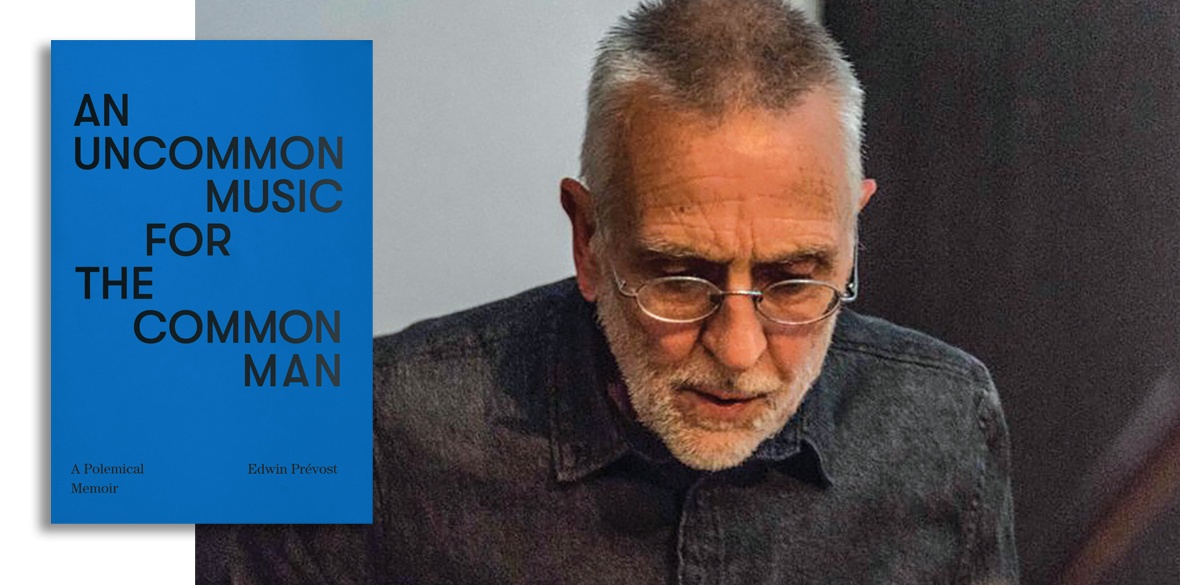This is the last article you can read this month
You can read more article this month
You can read more articles this month
Sorry your limit is up for this month
Reset on:
Please help support the Morning Star by subscribing here
An Uncommon Music for the Common Man
by Edwin Prevost
(Copula Publications, £20)
ANYONE who has heard Eddie Prevost play drums live or on record knows that his music is an amalgam of passion, intellect and artistry — blood and brain fused with a relentless practical and imaginative invention.
He is a fine writer too and this “polemical memoir,” as he calls it, is an ensemble of autobiographical narratives, thoughts on contemporary musical culture and reflections on the nature of free improvisation.
In the latter, he is a true pioneer and believer in “the principal maxim of searching” to ground his music.
Born poor in Bermondsey, south London, in 1942 to a single mother who was a seamstress, he remembers seeing Tower Bridge through the bomb sites.
He meandered through school and found boyhood work selling flowers with a Borough Market florist, which helped him buy his first drum set and play skiffle and trad jazz in his teens.
But it was his embrace of free improvisation and the formation of the band AMM, who made their first record in 1966, which recharged his life in music.
It was partly a rejection of music as commodification: “The scale of industrial capitalist music production diminished any possible sense of self and community awareness,” he writes, arguing later that “to consume becomes a moral imperative. The ability to purchase confers a virtuous status.”
In opposition to such deadening and reactionary cultural imperatives, Prevost contends that in music spontaneity “cannot be controlled … the creative act is mysterious and most times uncatchable” and whereas compositional music is an impetus for musicians to “plagiarise” themselves in a maze of repetition, the improvisatory musical life becomes truly creative so that “a new community can be born.”
You need to hear Prevost and his musical collaborators to truly understand the way the power of his words meets the power of his music but his book, both a commentary and compendium of the musical freedom and sheer artistry which they forge together, is a complementary asset.
But it is the autobiographical passages in the book which make it so readable and convincing.
Here are narratives of his schooldays in New Cross and his early jazz experiences in pubs along Bethnal Green Road, when he first realised and explored his absentee father’s Huguenot refugee roots.
And there’s the story of the Saturday afternoon on Clapham Common when his mother came to hear him the one time with AMM, sitting on a park bench and “keeping an eye on these young men making their strange incoherent sounds on the bandstand.”
All these accounts are deeply moving, giving an added authenticity to this unusual and strangely gripping book.











